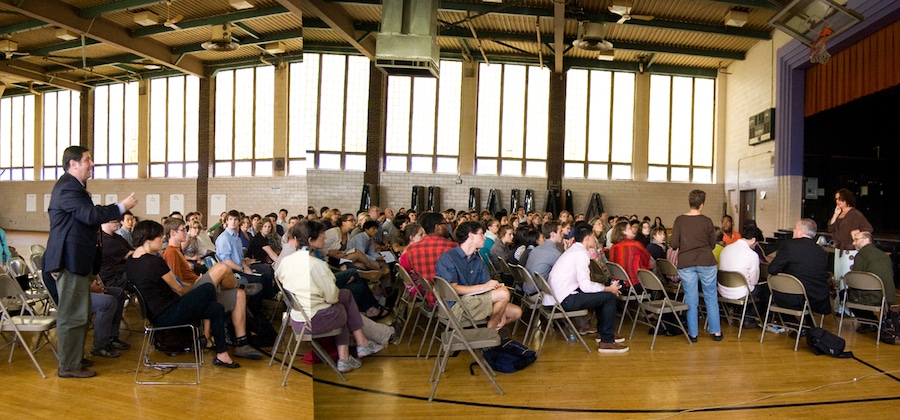
Impact investing is having a moment. Investors as well-heeled as Bill Gates, and as humble as your average college kid, are trying to find ways to “save the world” while also generating returns. This newfound desire to use the markets to affect change is a positive development, but like any other investment, impact or not, there are risks involved. Making the wrong decisions could lead to inadequate returns and even lost capital- not to mention the lack of an impact in an impact investment!
Research is key
Just like with any other investment, you need to do your due diligence. Usually, this would require a detailed review of the company’s financials, their market, competitors, etc., or in the case of real estate, it would be your own analysis of the area. If you want to make a positive difference, you also need to research how your investment will affect the community.
For example, if you are planning to erect a multifamily building in an underserved neighborhood, will current residents be able to afford it? Will anyone be displaced by the construction such as neighborhood businesses? It is up to you to learn how your investment will shape people’s lives. You can find the hard data online: employment statistics, population growth, school district ratings, and other metrics that can help you understand the numbers. To create something that fits into the neighborhood, and creates a positive impact, you need to do more.
Use a dynamic planning process
Inviting all stakeholders- community, government, and business- to participate in a dynamic planning process can help you find the answer to those questions and give you firsthand data about the concerns and needs of a given neighborhood. If you use this process, you can use it to teach, recruit, and garner support for your project. By addressing people’s needs, you can build projects that are poised for long-term success- because they fill a need in the community.
Crowdfunding to raise sustainably-minded capital
Instead of trying to explain your vision to a traditional lender, you have the option of raising capital using crowdfunding- and even raising money from the same community in which you will be developing. This makes your future neighbors and prospective residents direct stakeholders in the project. You can also connect with socially-oriented investors online, and if your project gets in front of enough eyes, you will run into some people that share a sustainable development philosophy.
Sustainability as survival
Creating better communities is a net positive for developers, residents, and investors. The concept stands on its own merit, but what about investors who don’t particularly care about long-term growth? To be blunt, those investors are dinosaurs, and will likely suffer by holding such a myopic view. Development projects do not happen in a bubble. They are part and parcel of our broader society.
The strategies these investors employed in the past are becoming less and less profitable due to a combination of increased regulations and pushback from local groups. From a purely rational standpoint- is it advantageous for you or your company to stick to old ideas, or to embrace new models that are slowly but surely gaining market share? Adopting more sustainable models is not only beneficial for society- but it may be for your long-term bottom line.
_
In any business, no matter how well-intentioned you are, if you fail to take into account customer needs, you will not be successful. As a developer or investor, your customers are your future tenants – if you can meet or exceed their needs while generating returns- everyone wins.
Garfield community meeting, image by cityLAB
